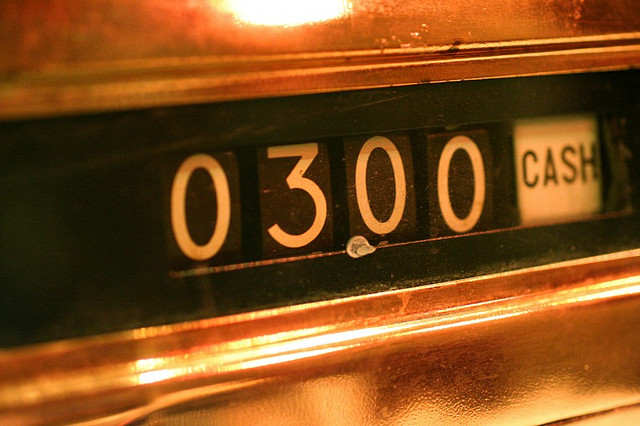
Photo Credit: Luz Bratcher
Imagine that you are in the position of a high cost crude oil producer that has a lot of debt to service. The price that you can sell your oil for is high enough that you make some cash over your variable cost. The price is low enough that you are not recouping the cost of what you paid to buy the right to develop the oil, the development cost, and cost of equity capital employed.
In this awkward situation you continue to produce oil, because it may keep you from defaulting on your debts, even though you are not earning what is needed to justify the GAAP book value of your firm. You’re destroying value by producing, but because of the debt, you don’t have the option of waiting because not surviving loses more money than pumping oil and seeing if you can survive.
Where there is life, there is hope. Who knows, one of three things could “go right:”
Trouble is with #1, you could fail first. With #2, the process is slow, and who knows how much the Saudis will pump. With #3, the price that an acquirer could pay might not be enough for shareholders, or worse, they could buy out your competitors and not you, leaving you in a worse competitive position.
One more thought: think of the Saudis, the Venezuelans, etc… all of the national oil companies. They’re not in all that different a spot than you are. They need cash to fund government programs or they may face unrest. For some like the Saudis, who assets in reserve, the odds are lower. For the Venezuelans, who have had their economy destroyed by the politics of Chavez, the odds are a lot higher.













Leave A Comment